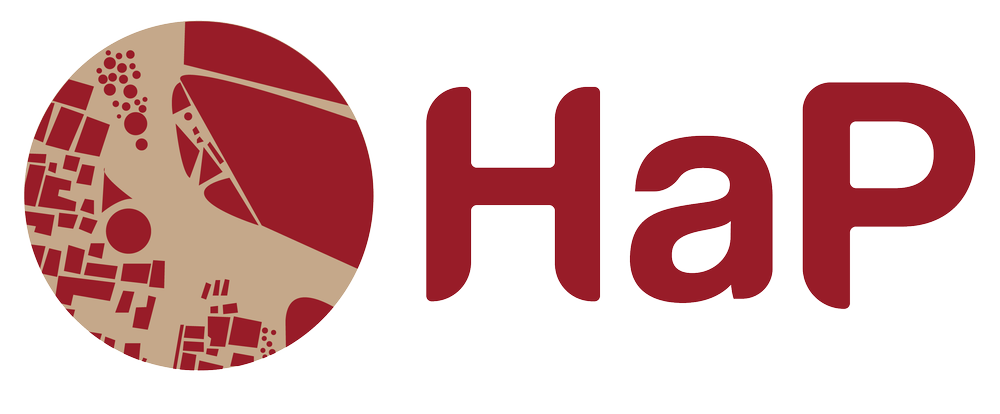Provocations Gallery
As a part of Urban Heritage Mining, participants completed ‘provocations’ in small groups. These provocations are short, tailored lessons that correspond to the most urgent themes and questions of certain days of the summer school. They were completed at set times and were accompanied by activities and enrichment readings. Many of these provocations were pre-recorded, and are now saved here for future reference and learning.
Friday, September 23: Patan
Emiline Smith: ‘Repatriation‘
This provocation was a live lecture via Zoom.
Enrichment readings:
“Citizen Activists Lead the Hunt for Antiquities Looted From Nepal” Zachary Small, The New York Times (Oct 29, 2021)
“Stumbling Towards Repatriation” Erin L. Thompson and Emiline Smith, Hyperallergic (March 11, 2021)
“A Small Community in Nepal Wants Its Stolen God Back” Emiline Smith, Hyperallergic (Sept 8, 2022)
Sunday, September 25: Boudha and the Taragaon Museum
Katja Müller: ‘Photographs in the Archive’
In this provocation, Katja Müller, a researcher based in Jena (Germany), explores the relationship between anthropology and photography in the archive.
Amanda Taylor: ‘The Colonial Archive and Construction of a “New” Archive’
With the help of Claire Blaiser and Martin Brooks, Amanda Taylor explains how one military diary from 1911-2 (archived at the Gurkha Museum in Winchester) led students to discover a military atrocity. This provocation critically reflects on the role of the colonial archive in the discourse of center and periphery. It suggests that, to capture local perspectives, one needs to go the extra mile.
Enrichment reading: Stuart Blackburn, ‘Colonial contact in the 'hidden land': Oral history among the Apatanis of Arunachal Pradesh’ The Indian Economic and Social History Review, 40. 3 (2003). 30 pages.
Monday, September 26: Kirtipur
Premila van Ommen: ‘FOOD AND PLACE: Tasting Heritage through Sensory Mining’
Premila, a London-based artist and PhD student, analyses transnational foodscapes as heritage. Foodscapes are both reactive and proactive and an example of heritage in flux.
Enrichment reading: Premila van Ommen, ‘Transmitting traditions: Digital food haunts of Nepalis in the UK’, in Food, senses and the city, ed. Ferne Edwards, Roos Gerritsen, and Grit Wesser (New York, NY: Routledge, 2021). 12 pages.
Wednesday, September 28: Kathmandu
Leung Chi Wo, Warren 梁志和 and Wong Chi Hang, Sara 黃志恆: ‘Invented neighbours’
Online exhibit: He was lost yesterday and we found him today by Leung Chi Wo + Sara Wong (Chromogenic prints, 100 x 150 cm each, 2010 - 2014)
Enrichment reading: ‘Leung Chi Wo + Sara Wong: Museum of the Lost’ (Blog post written by Ming Lin for arts magazine LEAP, 2015)
Yasmine Serafou: ‘Fictional Archives’
This provocation explores the boundaries of fact and fiction in the archive.
Enrichment reading: Jon K Shaw and Theo-Reeves-Evison: Fiction as Method, ‘Introduction’.
Thursday, September 29: Patan
Sanyukta Shrestha: ‘Myth, History and Intolerance’
This provocation by Sanyuka Shrestha, a London-based artist, researcher, and games producer, looks at the consistency of heritage. It asks how far we can change, adapt, or appropriate heritage to the contemporary world without losing its core.
Enrichment reading: Sashwat Pant, “The thin line between artistic homage and cultural appropriation” The Kathmandu Post, 4 September 2020.
Sanyukta Shrestha, ‘Taking Indra Jatra to the world’, The Kathmandu Post, September 13, 2022
Verena Widorn: ‘Gaps in the Archive’
With this provocation Dr. Verena Widorn (Director of the Western Himalayan Archive in Vienna) explores ethical dilemmas in acquisition and documentation.
Enrichment reading: Uwe Niebuhr and Verena Widorn, ‘“Tibetan Treasures” of the Weltmuseum Wien: A First Critical Approach to René de Nebesky-Wojkowitz’s Policy of Collecting’, 27 March 2019, https://doi.org/10.18452/19822.

